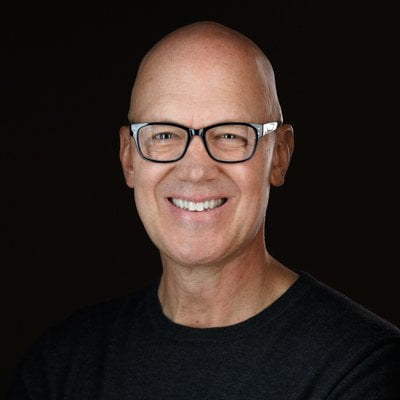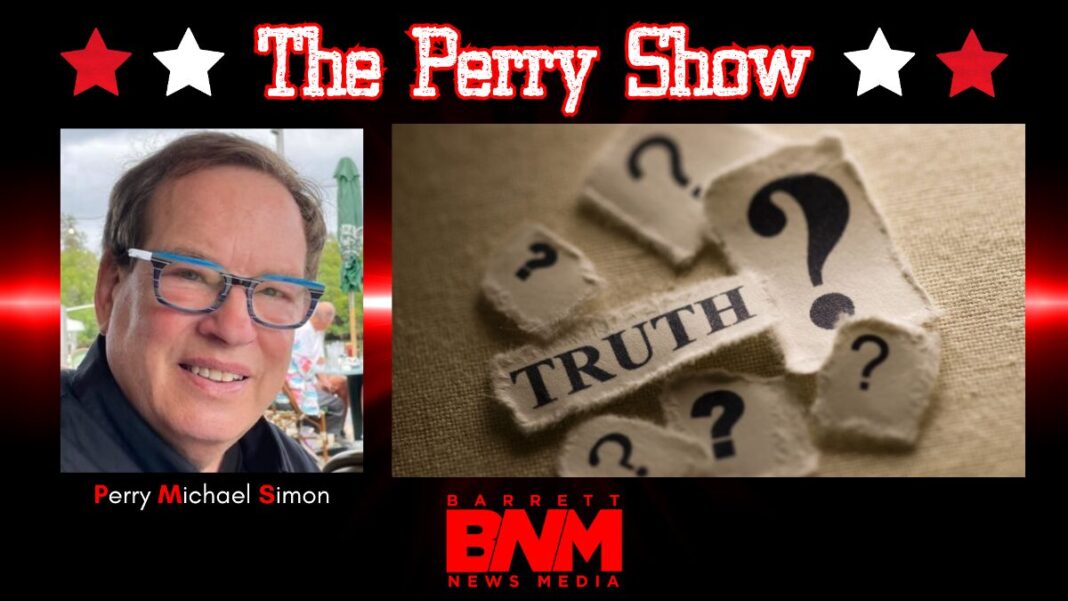There are three things you can count on at trade conferences. 1) Excessive calorie intake. 2) Excessive name forgetfulness. 3) Excessive information overload. I experienced all three recently at a conference for non-profit radio fundraising, and I’ll share lessons we can apply to the brand and programming departments of commercial radio.
The first two conference guarantees, food and names, create smiles and bonding opportunities. The third one, information overload, seems to plague most of us because we don’t have a plan to execute and share the knowledge with our staff. Those ideas remain in the notebook, an app, or an email recap. A solution that works for me is to focus on one idea from each session. I’m more likely to work on one challenge in a category than five or seven items.
When I left the Vidare Creative Fundraising 24 conference last week in Franklin, TN, the post-conference realities hit me. I had pages of great ideas destined for the rarely opened files of my Notes app.
Here’s one thing from a few of the fundraising presenters I found adaptable to the commercial radio brands, no matter the format. Reminder: these featured speakers talked to a crowd of non-profit radio development and programming leaders.
Jared Mitchell, Senior Director of Radio and Donor Care at Convoy of Hope, presented a session called “Between the Asks.” One of his slides included nine simple questions for the development team to use on the phone when nurturing these relationships. Questions like, “How did you first hear about the ministry?”
It got me thinking about all those radio remotes and events we’ve done to connect with people. It’s a starter question for your street team. “When did you start listening to Q100?” Here’s the bonus: “Oh, you don’t listen? Well, let me tell you about this radio station.”
I know what my radio comrades are thinking right now. “Uh, what street team?” or “Ron, do you think they’ll engage with the person who walks up to your tent at the county fair and ask them a question about their listening habits?” Okay. Good point. Show them how to do it.
Paul Goldsmith, one of Vidare Creative’s partners, presented Four Key Strategies for the room of fundraisers. He immediately grabbed our attention with the classic video of radio icon Paul Harvey speaking to a room of Capital Cities/ABC leaders in 1992.
“Radio people, in their preoccupied haste, have been letting go of the might and majesty of the well-spoken word,” said Harvey. The remainder of the clip is Harvey sharing examples of his mastery of the spoken word. Goldsmith challenged radio to improve the presentation of the word.
I’m on record saying one of the most underrated attributes of the modern radio disc jockey is using sentence fragments and non-sequiturs to connect with a person listening on a car radio or through an app or smart speaker. This art is created in a limited timeframe to communicate an idea. The artist attempts to paint pictures or make mundane and repetitive thoughts more memorable to the listener. Are we encouraging our on-air talent, no matter the format, to respect the power of words?
Timothy Smith, president of Non-Profit DNA, shared some tremendous points for fundraisers and salespeople. But the drop-the-mic moment for me was the 8th point in his presentation: Friends Don’t Need a Script.
Nurturing the relationship allows me to make the pitch personal and not rely on a planned presentation. This is the beauty of the bond the talent shares with their audience. It reminds me of the classic bit Ron Chapman did at KVIL Dallas in the late ‘80s when he asked the audience to send him $20. There was no explanation of why he wanted the money. A few days later, he had $240,000 and asked the audience to stop sending the checks to the station. That’s trust. No script.
Matt Mundt, a digital marketing strategist, reminded us Meta wants to reach a broader audience, but he focuses on brand fans. It seems simple, but in our fragmented entertainment and audio choices, do we understand our fan base and where to find them if we’re trying to connect to Metallica fans?
Beth Bacall, Media Personality with Salem Media Group, shared a word bubble slide in her presentation about the needs of on-air talent during a fundraiser. The big words echoed by the talent who participated in her research were Freedom, Focus, Reward, and Feedback. That’s what they want from management when they’re on the air begging for money. I’m certain every talent in every radio format would agree with those words.
Joe Paulo, President/CEO of Hope Media Group, presented How to Fail in Five Easy Steps. One of the failure steps is to Focus Only on What Works Today. He clarified this with a positive spin when he presented it as focusing on continuous improvement. When traditional over-the-air fundraising slows down, where else is the organization finding revenue opportunities?
In the branding and content categories, are we thinking about what we should change when it’s working? At what point does the Hollywood report need to change, even if it’s working?
Finally, there was the goodie bag we received at the conference. When I reached into the bag, I felt a coffee mug and thought, “Great, another logoed coffee mug for the cabinet.” It had a straightforward question: Have you talked to a donor today?
This question should be on every desk and in every studio. Have you talked to a listener or a follower today? It might be difficult to get your morning show to start calling people in your database and thanking them for listening. But you could start by sending a birthday card to listeners in your database and stuff it with a Dairy Queen or Starbucks gift card. Maybe, just maybe, that DJ or host would be willing to sign the birthday card. Baby steps.

Ron Harrell is a columnist for Barrett Media. He founded Harrell Media Group, specializing in radio and audio brand consultation, fractional management, and talent coaching. He has worked in every role on the Programming and Branding side during his career, becoming management and executive-focused in the post-Telecom Act era. Ron has held leadership roles for media groups such as ABC/Citadel, CBS Radio, Chancellor Media, Cumulus Media, Hope Media Group, Hubbard Broadcasting, and WAY Media.
Interested parties are invited to learn more about his company Harrell Media Group and reach out by email at Ron@HarrellMediaGroup.com.









